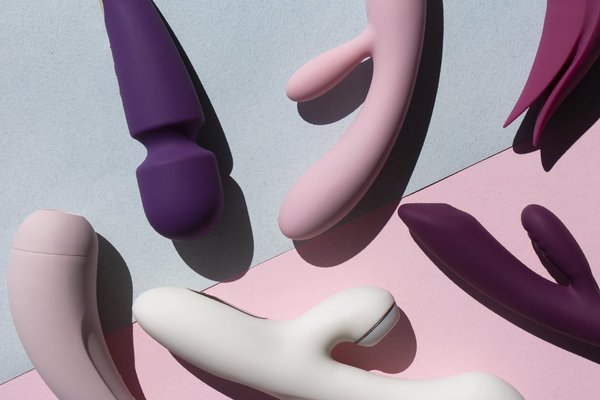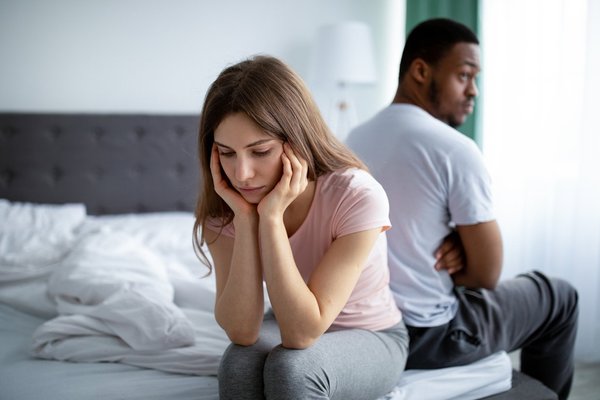Q:
I'm 53 years old and I completely lost my sex drive three years ago. Is this common?
A:
It is not uncommon for women, particularly women for whom sex has been satisfying in the past, to lose their sex drive for a few weeks, or even a few months. About one-third of women report such a sexual "slump" most years. But the complete loss of sex drive, or libido—coming as it did coincidentally during menopause—presents the possibility that something else might be going on physically.
Alterations in desire can be related to numerous medical conditions, ranging from diabetes to depression. Certain medications you're taking could affect your libido, and you might also have some underlying problem related to menopause, such as vaginal dryness or pain, which may make you hesitant to engage in intercourse. Additionally, this time of life is a time of reflection and change for many women; perhaps relational issues or life stressors are coming to the forefront?
One thing to ask yourself is if you've lost your sexual drive or your sexual desire. Drive is the part of you that tingles when you think about sex or see someone you think is "sexy," a biologic reaction, while desire is the wish to act upon that feeling, based more on the psychological end of the continuum. You can have drive without desire. Given how you describe yourself—"a loss of sex drive"—makes me think your condition might be rooted in a physical problem.
One possibility is low hormone levels, including not having enough thyroid hormones. Low testosterone and inadequate estrogen levels could also be an issue.
I recommend you see your health care professional for a complete physical examination, share your concerns with her or him, and talk about potential options. If it turns out that you are fine physically, you might want to consider relationship or couple therapy with your partner to get any underlying emotional issues that are disrupting your sex drive.







